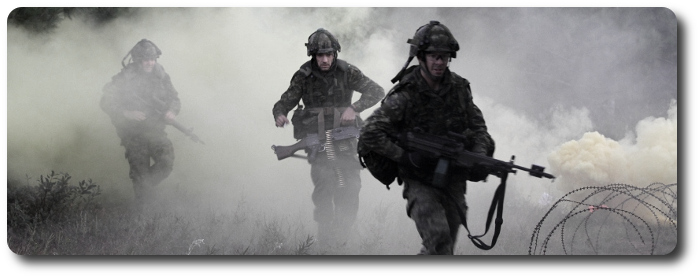Topic: Tradition

Regimental Tradition
… the command of infantry in action is far more closely allied to an art than to a technique…
"Regimental Tradition in the Infantry of the Line," Major C.E. Hawes, Honorable Artillery Company (late 1st King George V's Own Gurkha Rifles), Journal of the Royal United Service Institution, Vol. XCVI, February to November 1951
The value of regimental tradition also appears in its effects upon leadership. Here again the commander of the more technical arms has an advantage; the most important part of his task is the application of principles, scientifically established and agreed upon, to a given situation which may indeed be affected by the fact that it occurs in time of war but is not radically altered thereby. Thus, in peace or war, it takes very little time for a seaman with any experience at all to sum up a new Captain: simply by observing the way he shapes he will very soon gain confidence that his commander is among those who can claim with truth, "I never run a ship ashore." Similarly it is very soon clear whether a commander of artillery or engineers is technically competent. But the command of infantry in action is far more closely allied to an art than to a technique: it consists of the application of principles, it is true, but these principles are profoundly modified by the individual commander's view of the way to apply them, in fact, by his personal character. Thus a thrusting Irishman may attack with three companies up, while a cautious Scot may prefer to commit only one company at the outset: both may succeed admirably, but it is probable that neither will have much success at all unless he has somehow gained the confidence of his men before the battle, so that every soldier will go "all out" without anxious fears of something going wrong. Such confidence is based on knowledge, and knowledge is more easily and quickly acquired if both leader and led are on the same metaphorical "wavelength" as the result of a common military culture and upbringing based on shared traditions. A commander of outstanding personality can "get himself across" in any event, but even he will have to overcome that feeling of hostility and mistrust which always meets a stranger: the existence of this time-lag may be of vital importance when a commander takes over just before or even during a battle.

